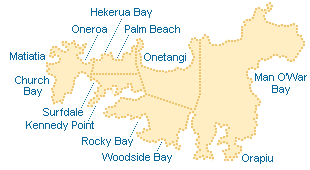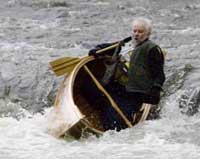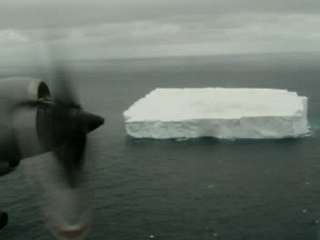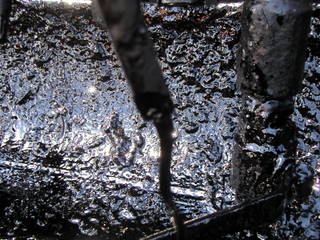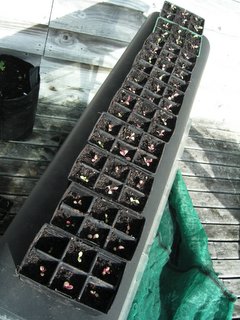Taken directly from Earth Future's web site - September 2006.
CRISIS IN THE AMAZON
I wish you didn’t have to read such news in a small newsletter like this, when it should be hammered across the front pages of the world’s newspapers. I wish I didn’t have to write it at all.
The Amazon rainforest, home to a fifth of the planet’s plant and animal species, 200 indigenous cultures, and 30 million people, is in danger of dying.

Once, there was a river
The Amazon is in the second year of its worst drought on record. Rivers and lakes have turned to sand and mud, and millions of fish have died. Brazil’s government has declared a state of emergency across all 253 towns in the region that depend on boats for food, medicines, and fuel.
The drought is being linked to record water temperatures in the south-west Atlantic and the Gulf of Mexico, and the constant destructive logging.
But here’s the alarming bit. Starting in 2002, Dr Dan Nepstead from the world-class Woods Hole Research Centre did an experiment in which he covered 2.5 acres of the rainforest with plastic sheets to see how it would cope when deprived of rain, and surrounded the area with sophisticated sensors.

In the first year, the trees managed okay. In the second year, they dug their roots deeper in search of water. In the third year they started dying. The tallest trees crashed to the ground, exposing the forest floor to the sun. By the end of the third year, they had released 2/3rds of the carbon dioxide they had been storing, adding it to the atmosphere’s burden. The Amazon stores 90 billion tonnes of carbon, enough to increase global warming by 50%.
If the drought continues next year, Dr Nepstead expects mega-fires to sweep across the forest. "With the trees gone, the soil will bake in the sun and the rainforest could become a desert."
If the Amazon were to die, the impact would affect the entire planet, since the hot, wet Amazon evaporates vast amounts of water that rises high into the sky, drawing in the wet north-east trade winds which pick up moisture from the Atlantic. Without the forest to absorb the water and store the carbon, much of the world would become hotter and dryer. (Thanks to Geoffrey Lean, The Independent, July 23, 2006)

Once, there was a river
The speed of deforestation is a big factor behind the drought. About a fifth of the Amazon rainforest has been razed completely, but another 22% has been logged enough to allow sun to penetrate the forest floor and dry it out. That brings the total to 42%, close to 50%, which the climate models predict to be the tipping point for the death of the Amazon.

The Amazon in happier days





